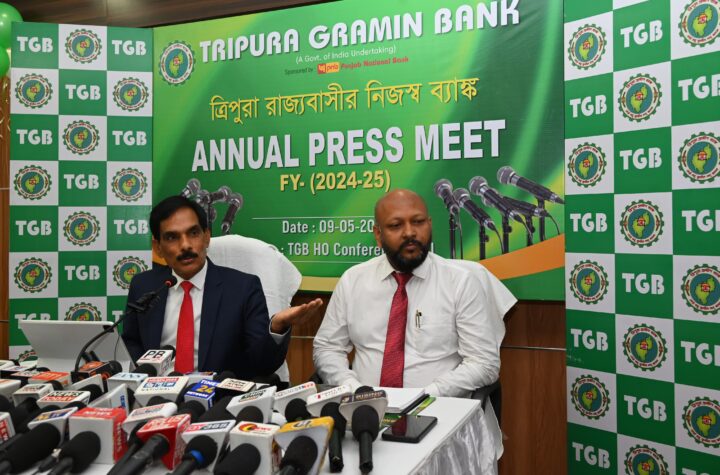
Guwahati, Assam, 21st of April 2025 : Today, as we observe National Public Relations Day, my thoughts turn to a seminal work that continues to shape the very essence of our profession: Edward Bernays’ “Crystallizing Public Opinion.” Published over a century ago, this book wasn’t just a treatise; it was a declaration, a foundational text that moved public relations from the realm of simple publicity to a sophisticated discipline rooted in social psychology and strategic communication.
From a CEO’s vantage point, leading a team dedicated to shaping perceptions and building reputations, Bernays’ core thesis – the active and strategic formation of public opinion – is more relevant than ever. In today’s hyper-connected world, where information flows at an unprecedented rate and opinions are formed and disseminated in the blink of an eye, the principles he laid out are not just historical curiosities; they are the bedrock of effective public relations.
Bernays understood that public opinion isn’t a passive entity waiting to be informed; it’s a dynamic, often subconscious force driven by group psychology and societal undercurrents. As someone guiding our strategic direction, this understanding must inform every campaign undertaken. Don’t just broadcast messages; meticulously analyze the “group mind” of your target audiences, delving into their values, beliefs, and the unspoken codes that influence their perceptions. This deep dive, echoing Bernays’ emphasis on social psychology, allows one to craft narratives that truly resonate.
The emphasis Bernays placed on research and analysis must be another cornerstone of one’s approach. Don’t rely on gut feelings or anecdotal evidence. Instead, invest heavily in understanding the public landscape through data-driven insights. Surveys, sentiment analysis, and a keen understanding of cultural trends are not just tools; they are essential components of strategic planning, allowing to anticipate shifts in public opinion and tailor communication accordingly – a direct application of Bernays’ forward-thinking methodology.
Furthermore, Bernays’ articulation of the power of storytelling and symbolism must continue to guide us. In a world saturated with information, compelling narratives are what cut through the noise and forge genuine connections. We must constantly move beyond mere facts and figures, to craft stories that evoke emotion, build understanding, and ultimately, shape positive perceptions – a testament to Bernays’ enduring wisdom.
Crucially, “Crystallizing Public Opinion” instilled a profound sense of ethical responsibility within our field. This is not just a historical footnote; it’s a guiding principle that must underpin our values. The power to influence public opinion is a significant one, and as leaders in this industry, we have a moral obligation to wield it with integrity, transparency, and a genuine commitment to the public interest. This ethical framework, so clearly articulated by Bernays, remains non-negotiable in our industry.
On this National Public Relations Day, as one looks at the evolving landscape of our profession, oneis struck by the enduring relevance of Edward Bernays’ insights. “Crystallizing Public Opinion” isn’t just a book on a shelf; it’s a living document that continues to inform and inspire the strategic thinking and ethical practice of public relations. From a leader’s perspective, its principles are in action every day, reminding us that true success lies not just in disseminating information, but in thoughtfully, strategically, and ethically shaping the narratives that define our clients and ultimately, influence the world around us.
[Article By Hamad Berlashker, Chief Consultant (Public Relations), Founder & CEO, Tangent (A Public Relations Consultancy)]











More Stories
Temporary Suspension Of Civil Flight Operations At Select Airports And Air Routes.
Union Minister Nirmala Sitharaman Chairs Meeting To Review Banking Sector’s Operational And Cybersecurity Preparedness, Including Digital Applications Such As Internet Banking And UPI.
India’s Armed Forces Have Grown Stronger, Both In Terms Of Modern Technology And Strategic Vision: Lok Sabha Speaker.